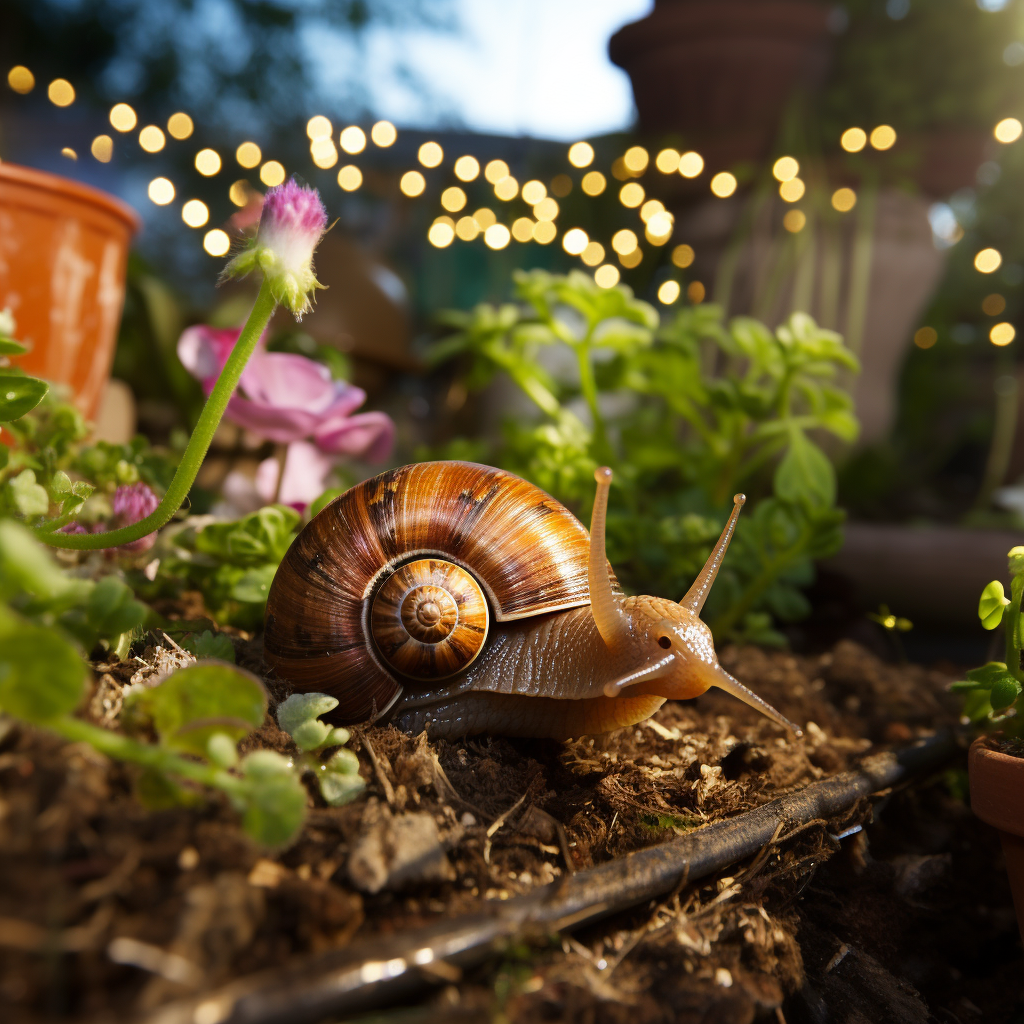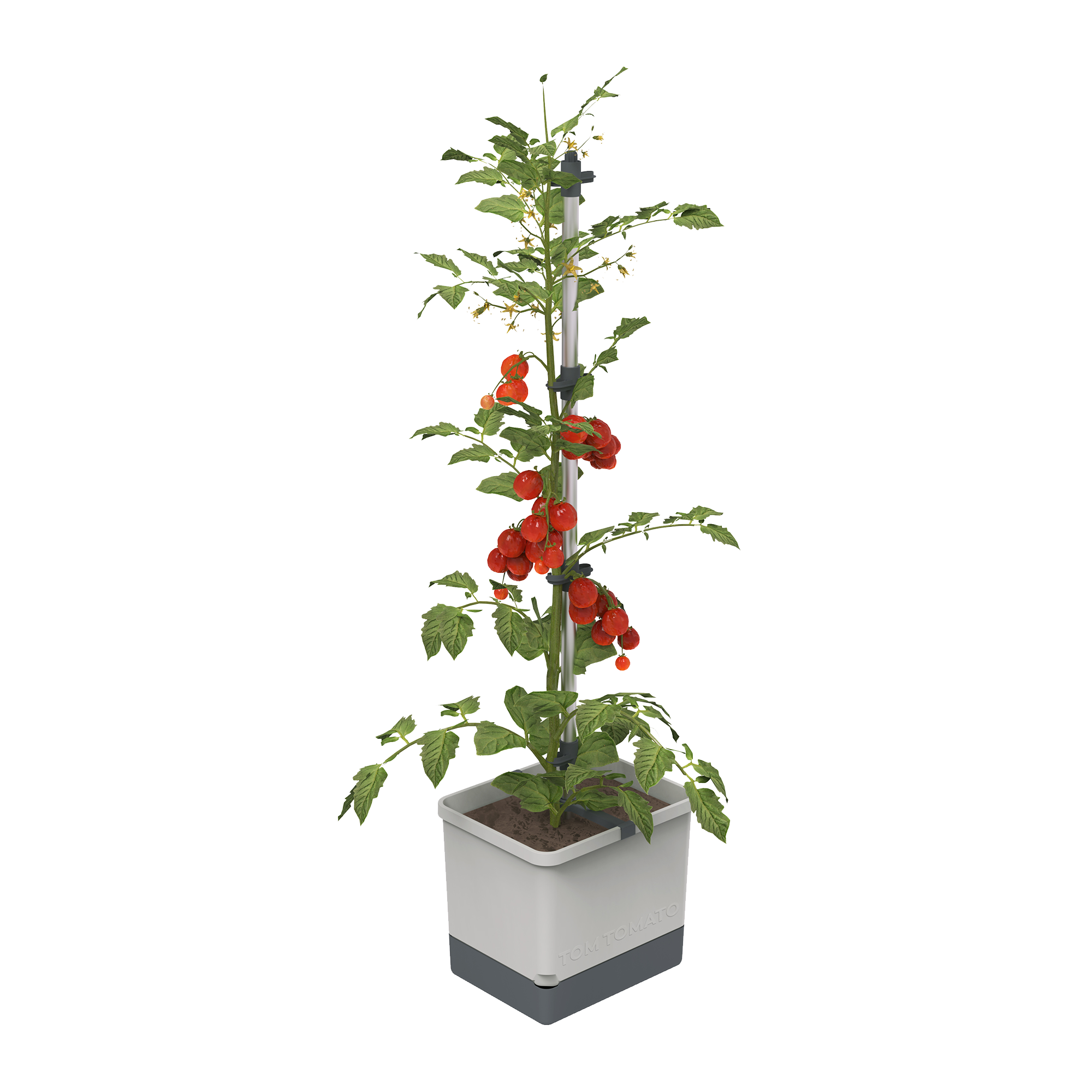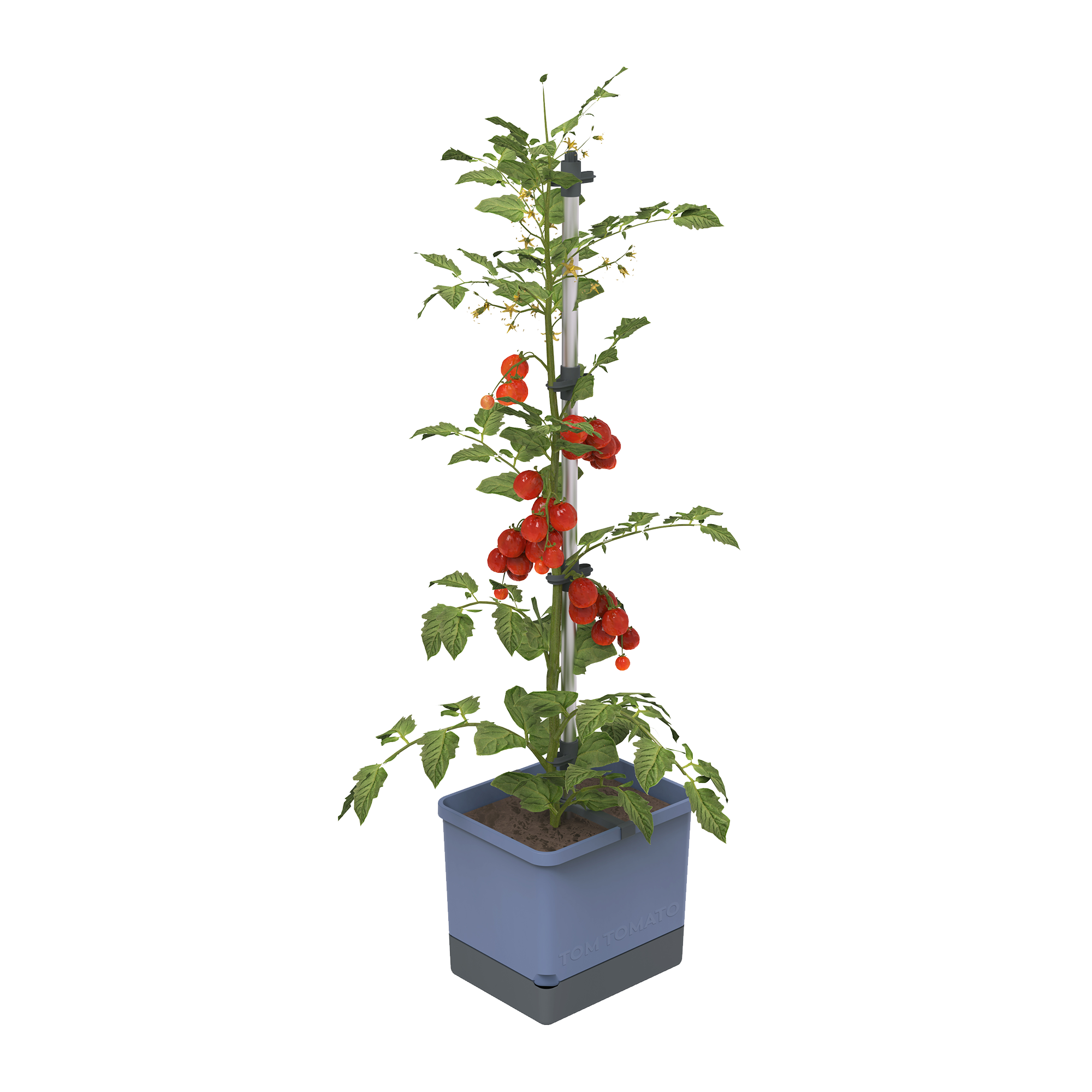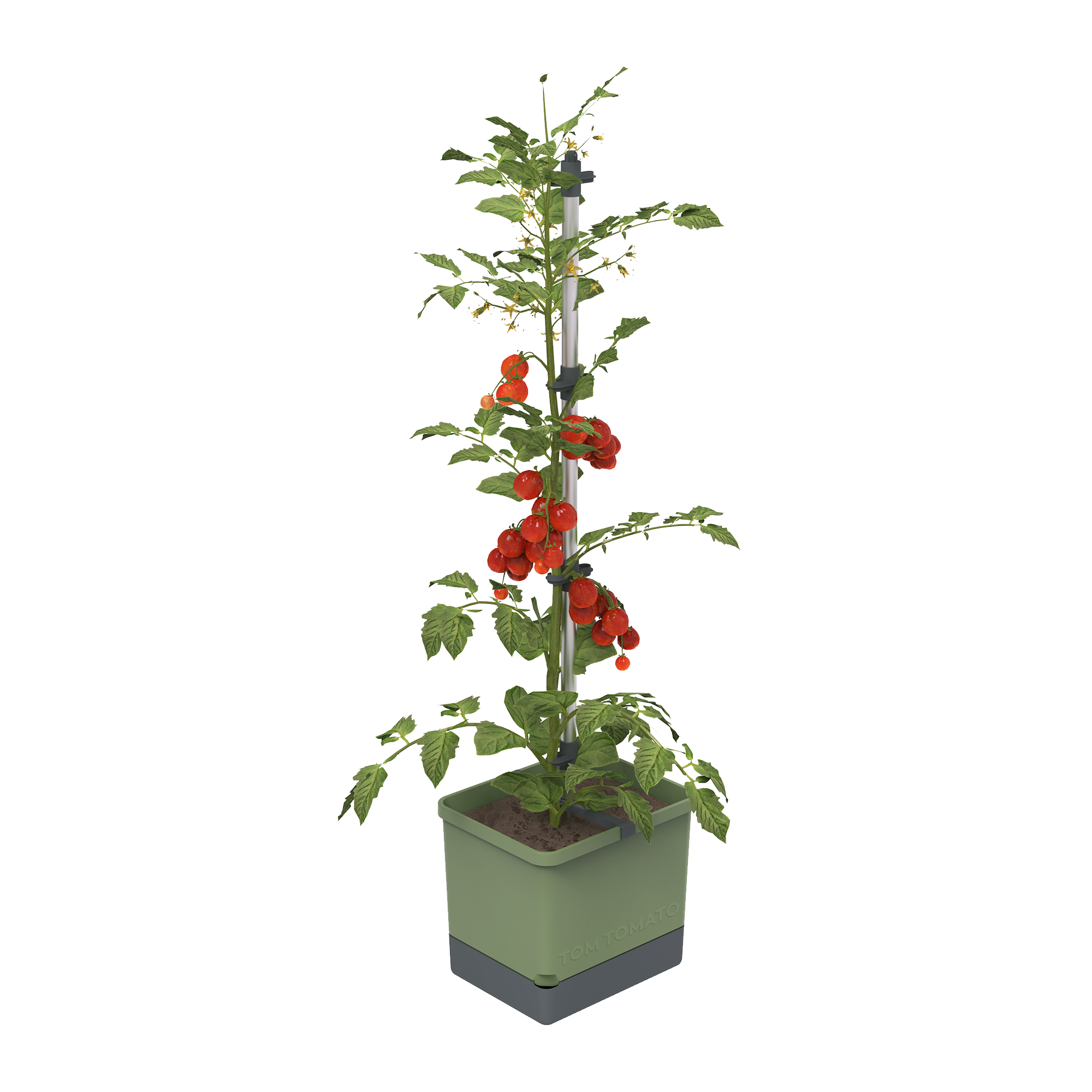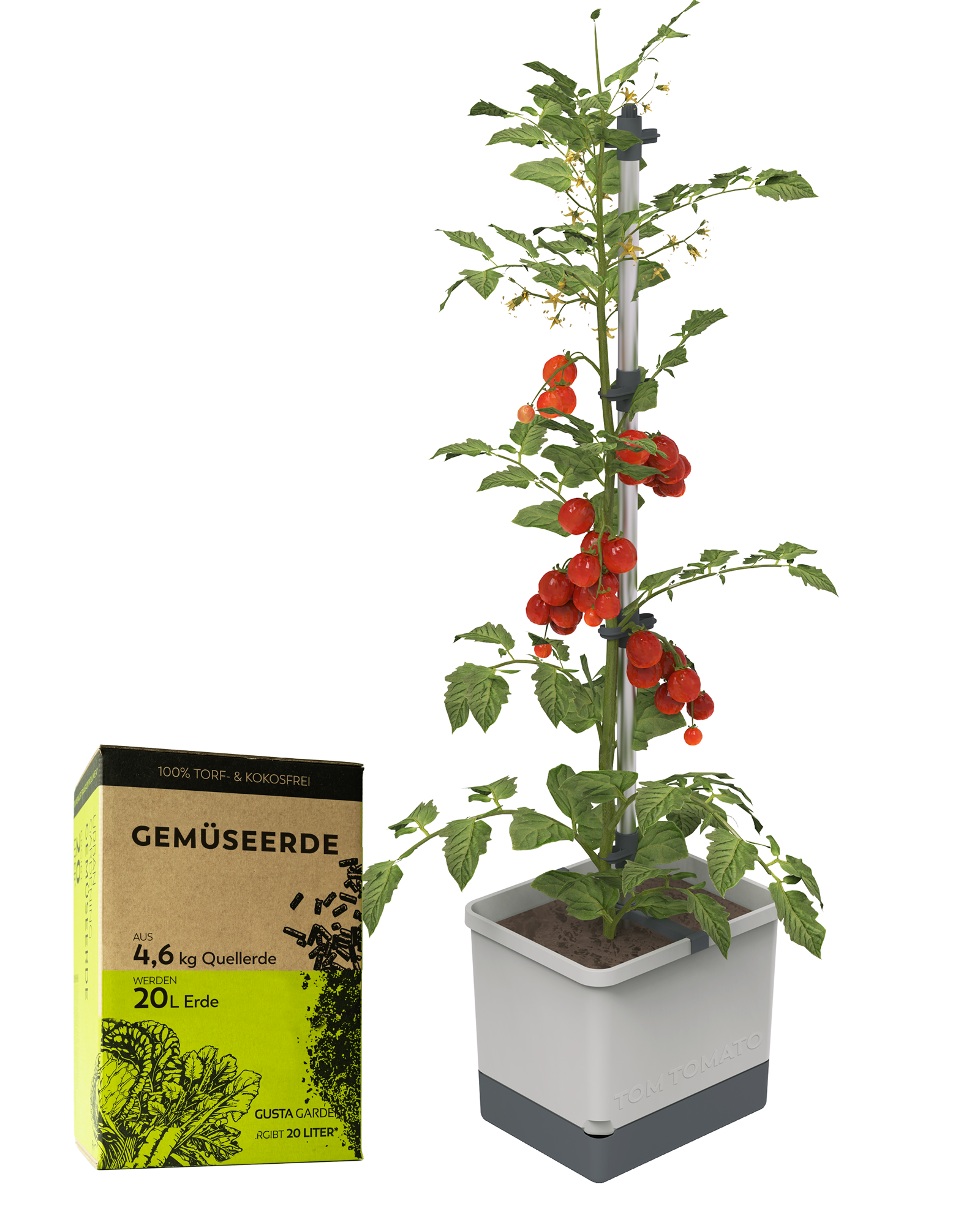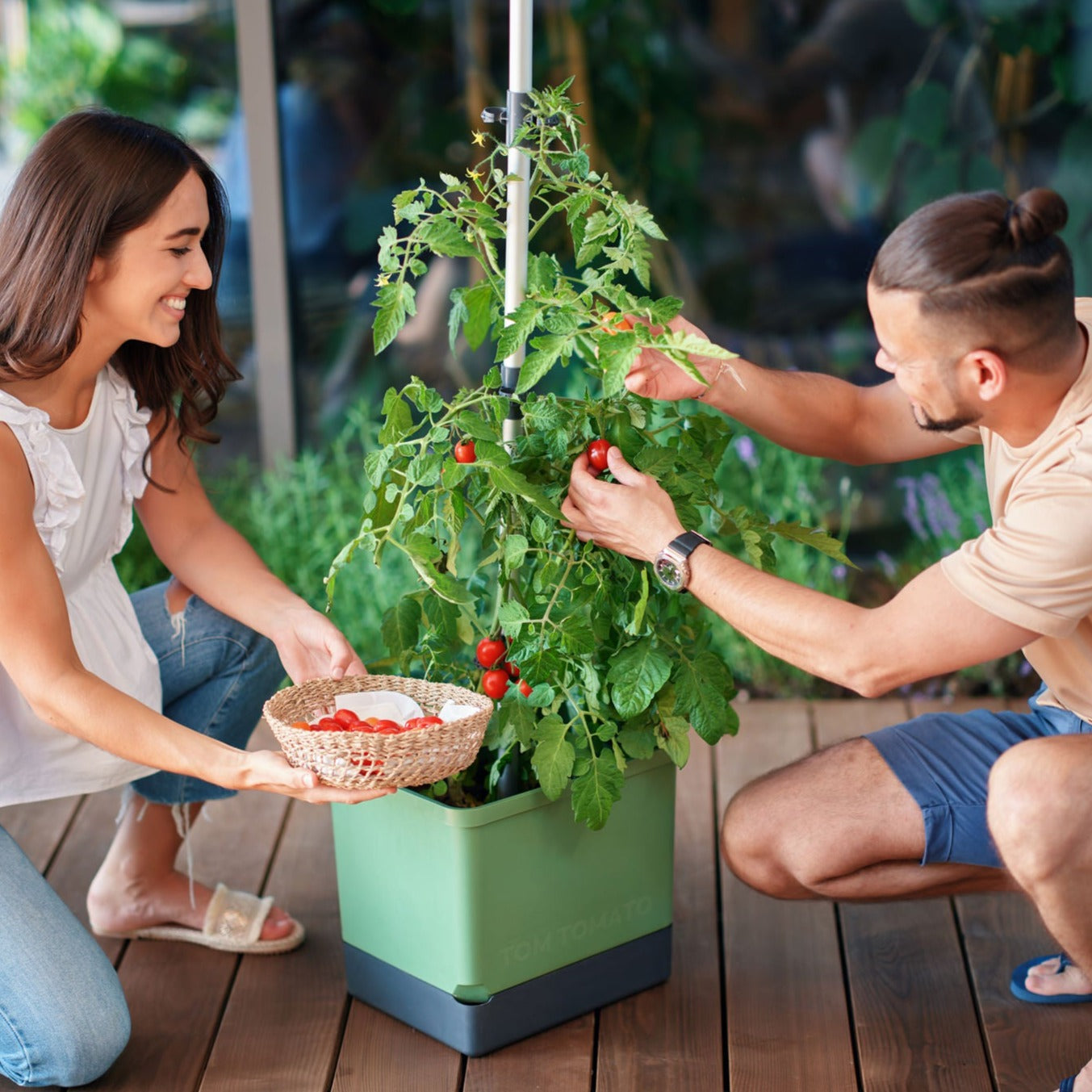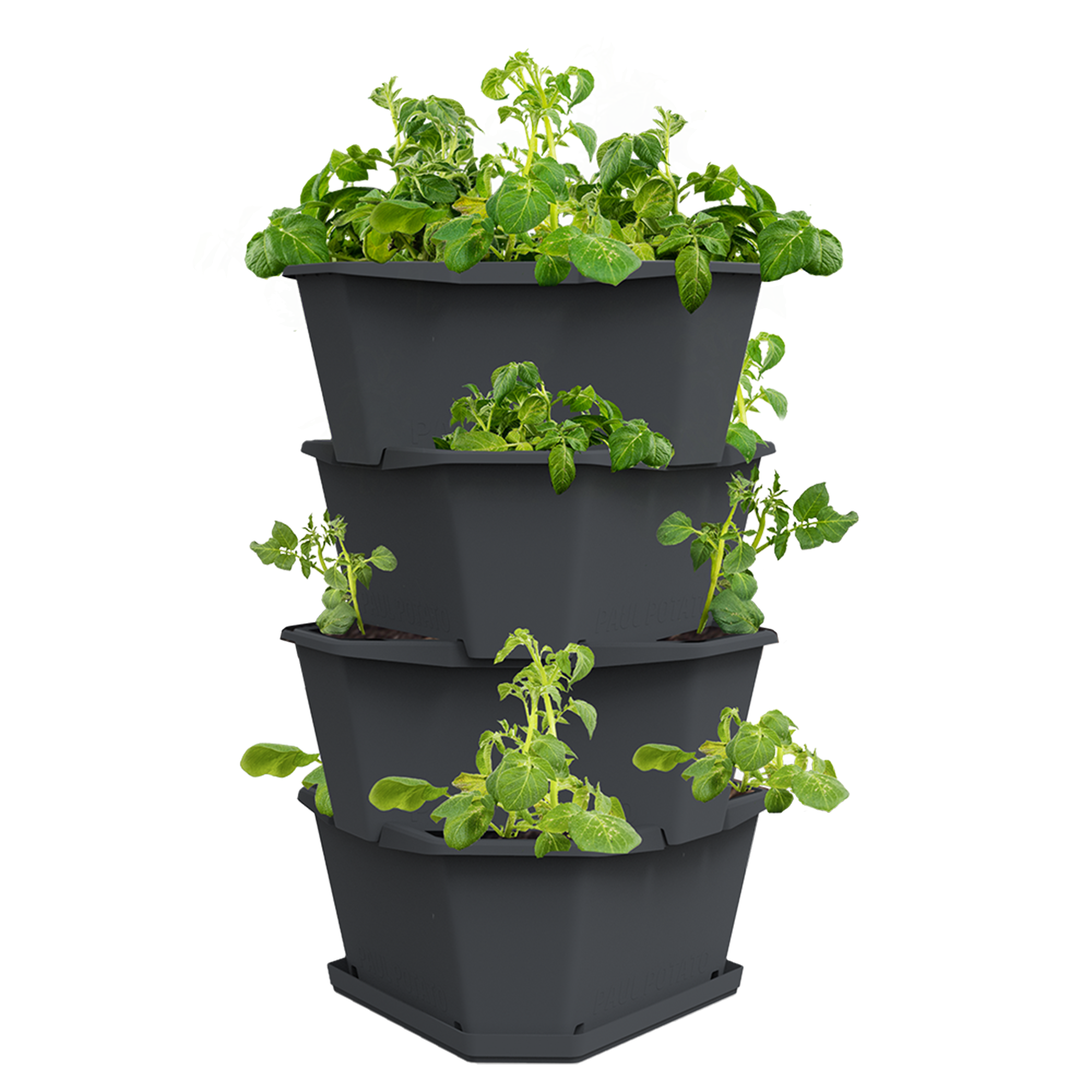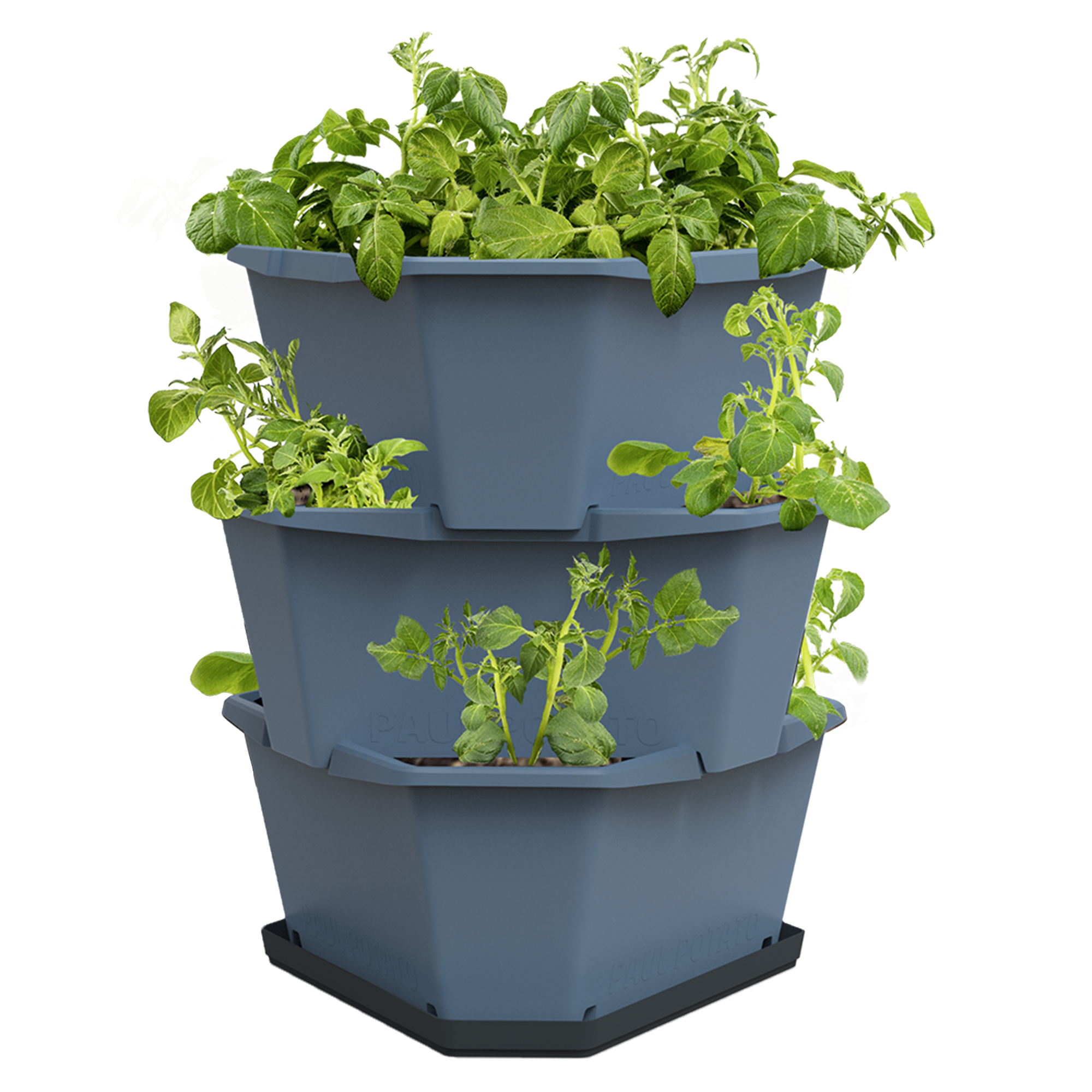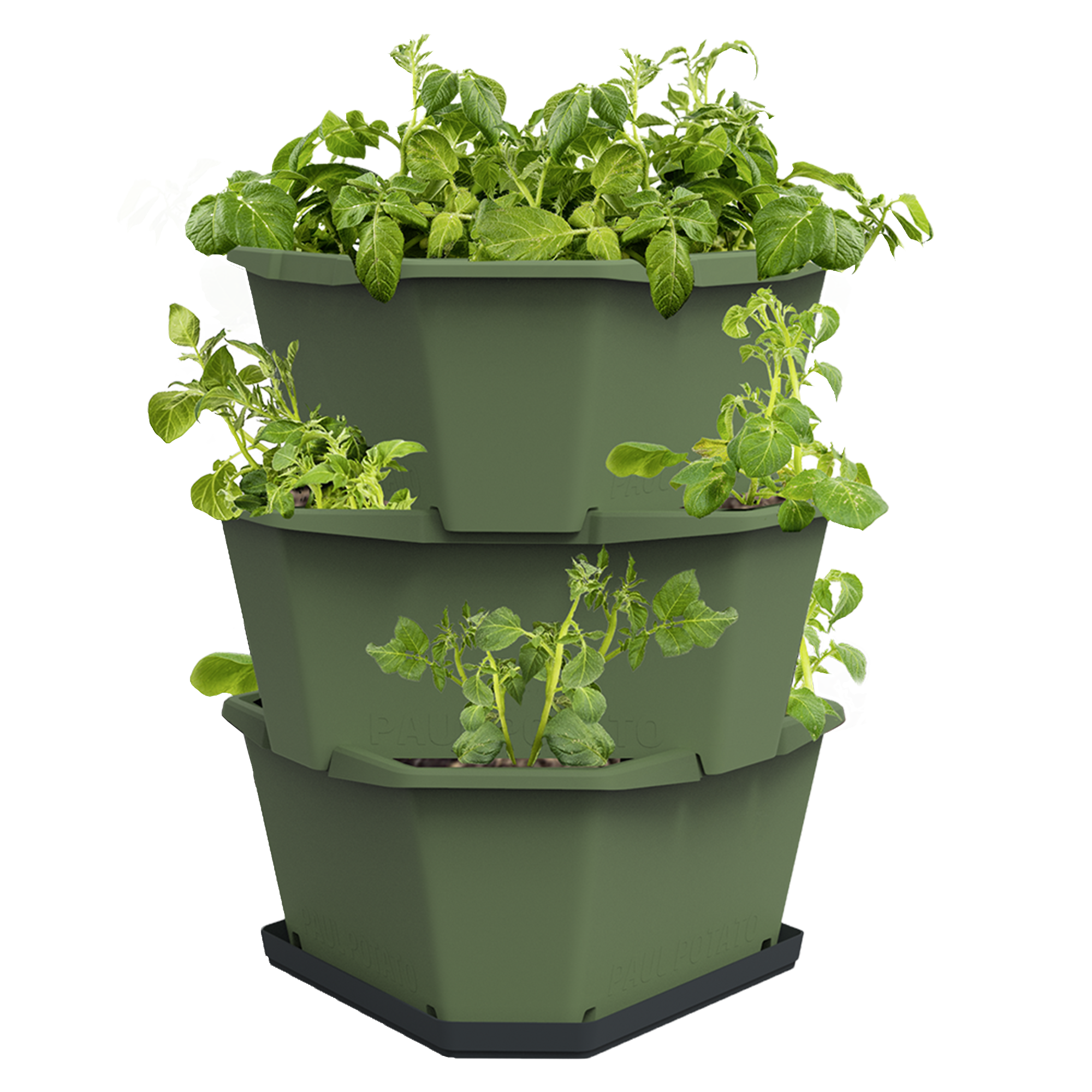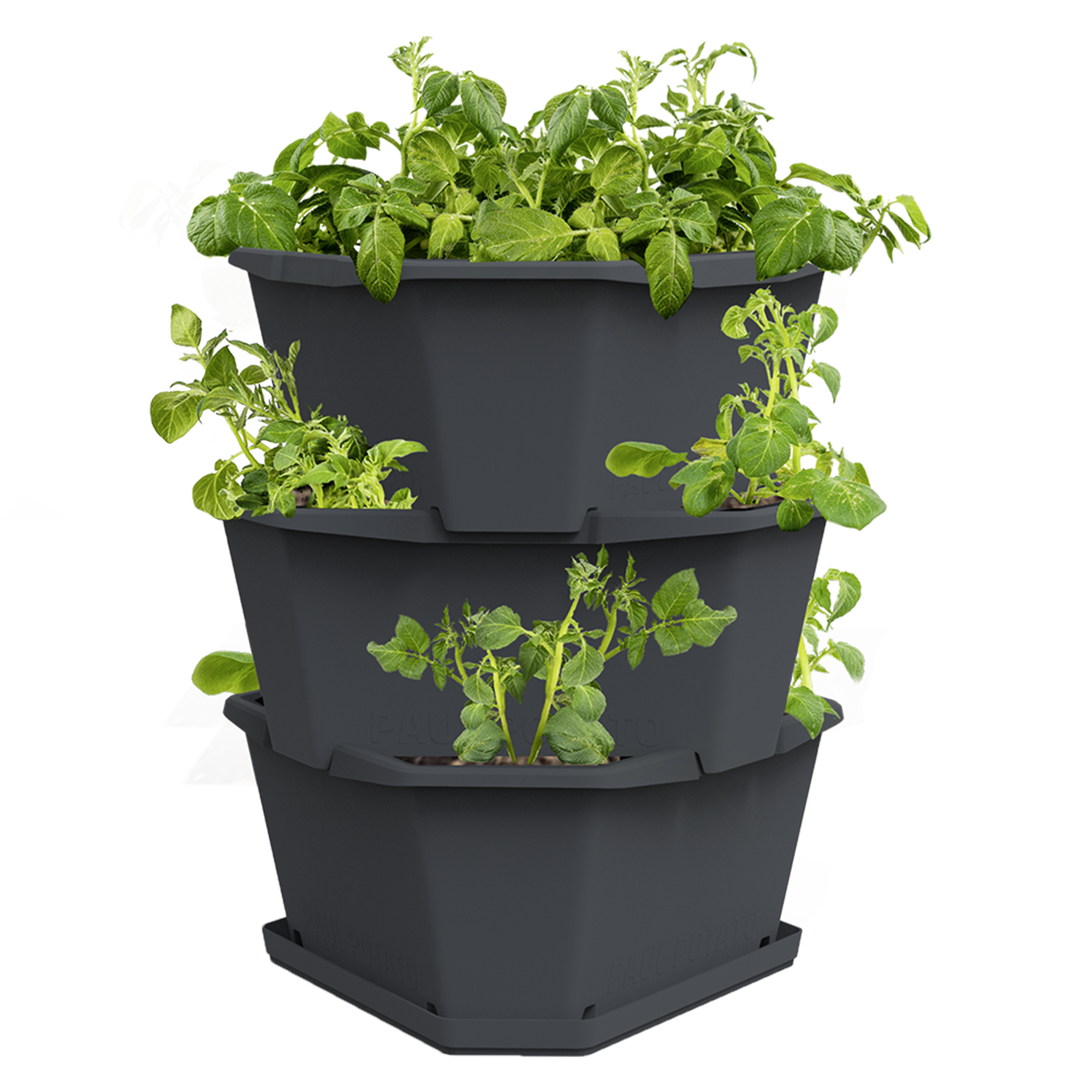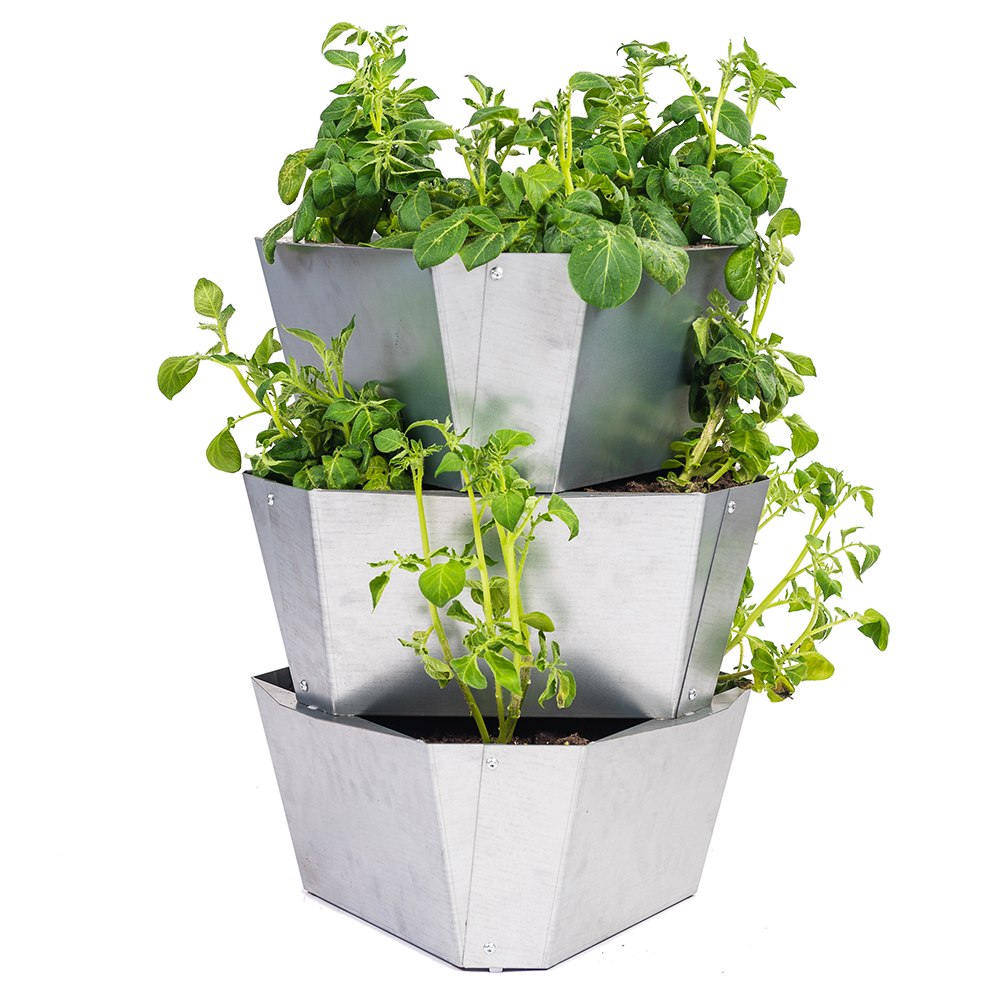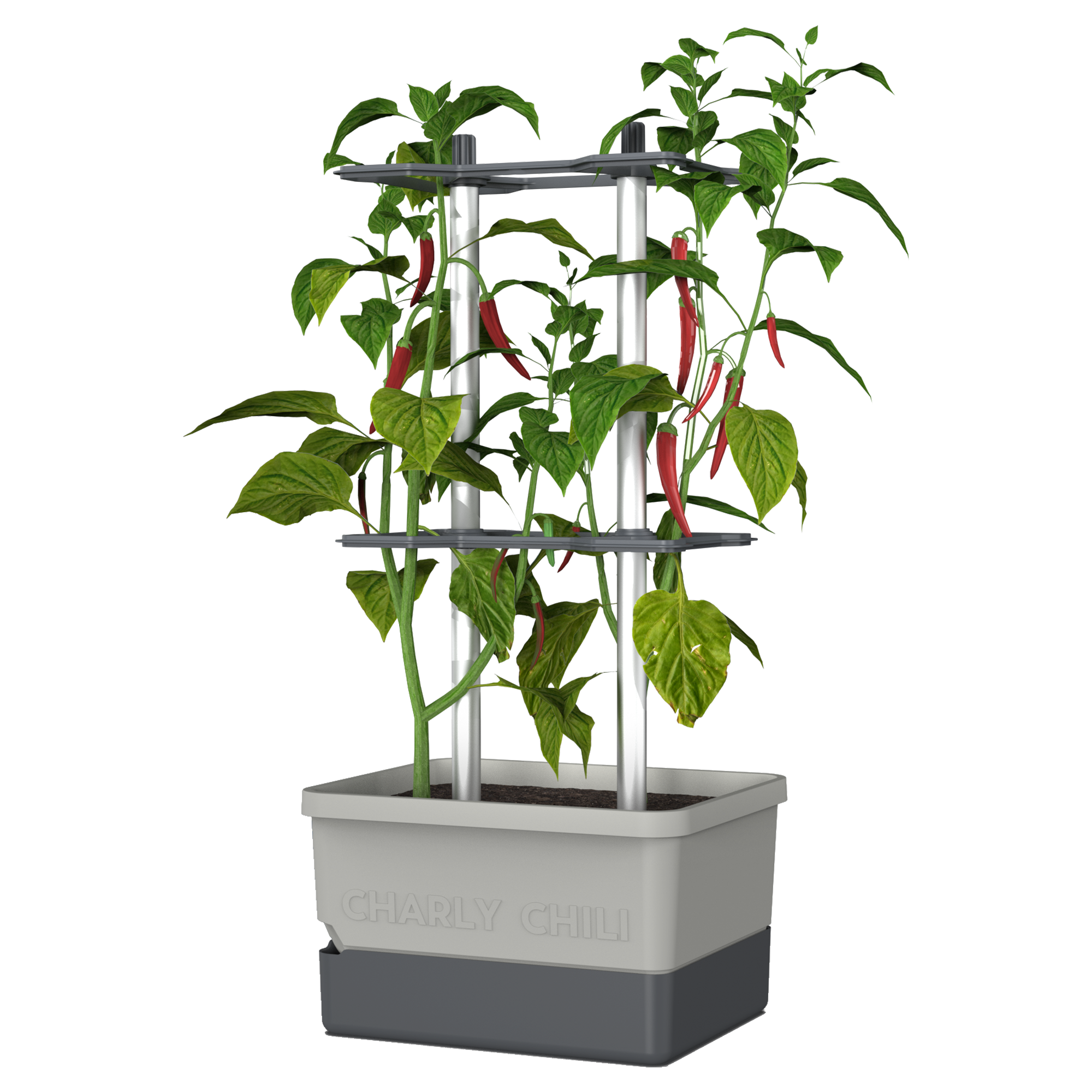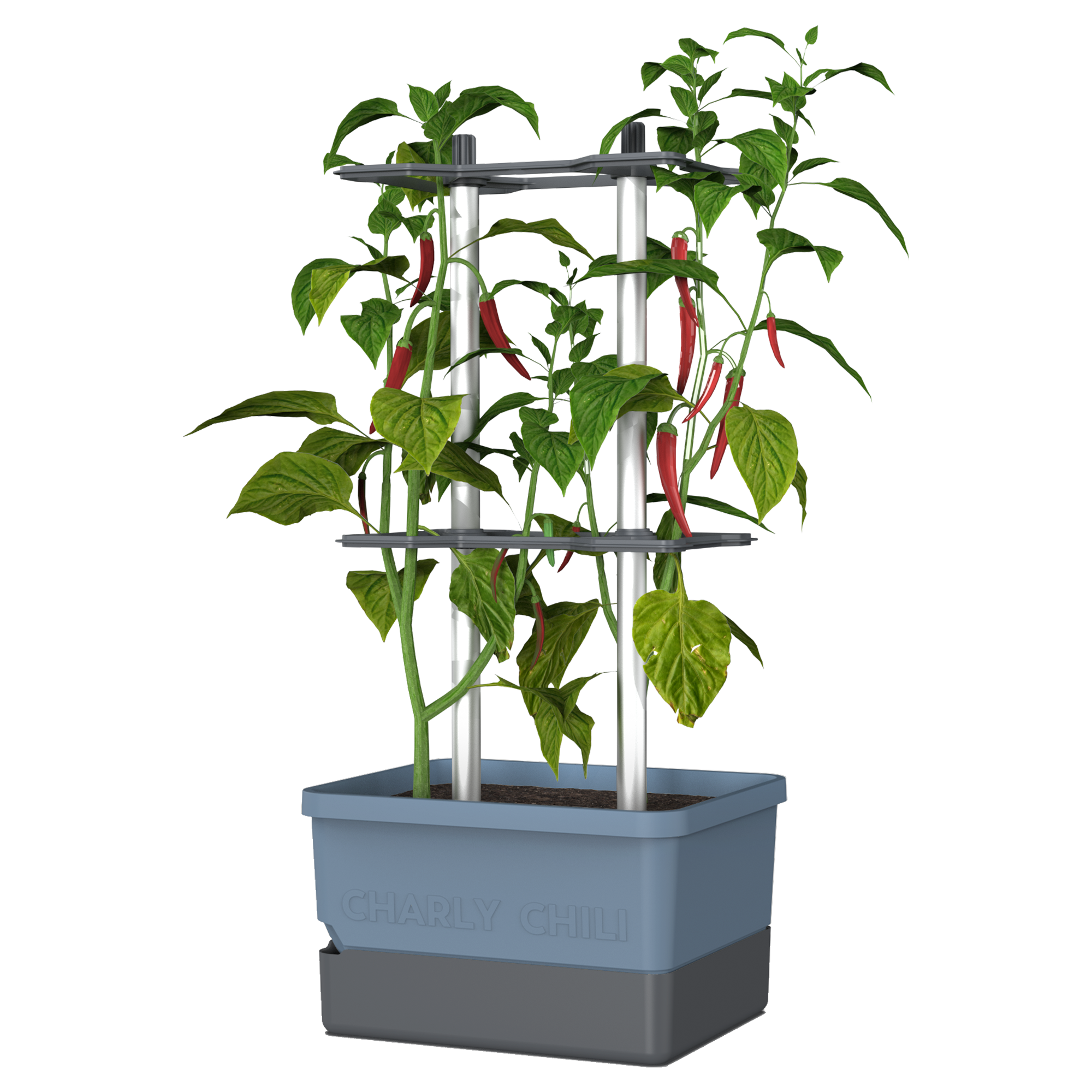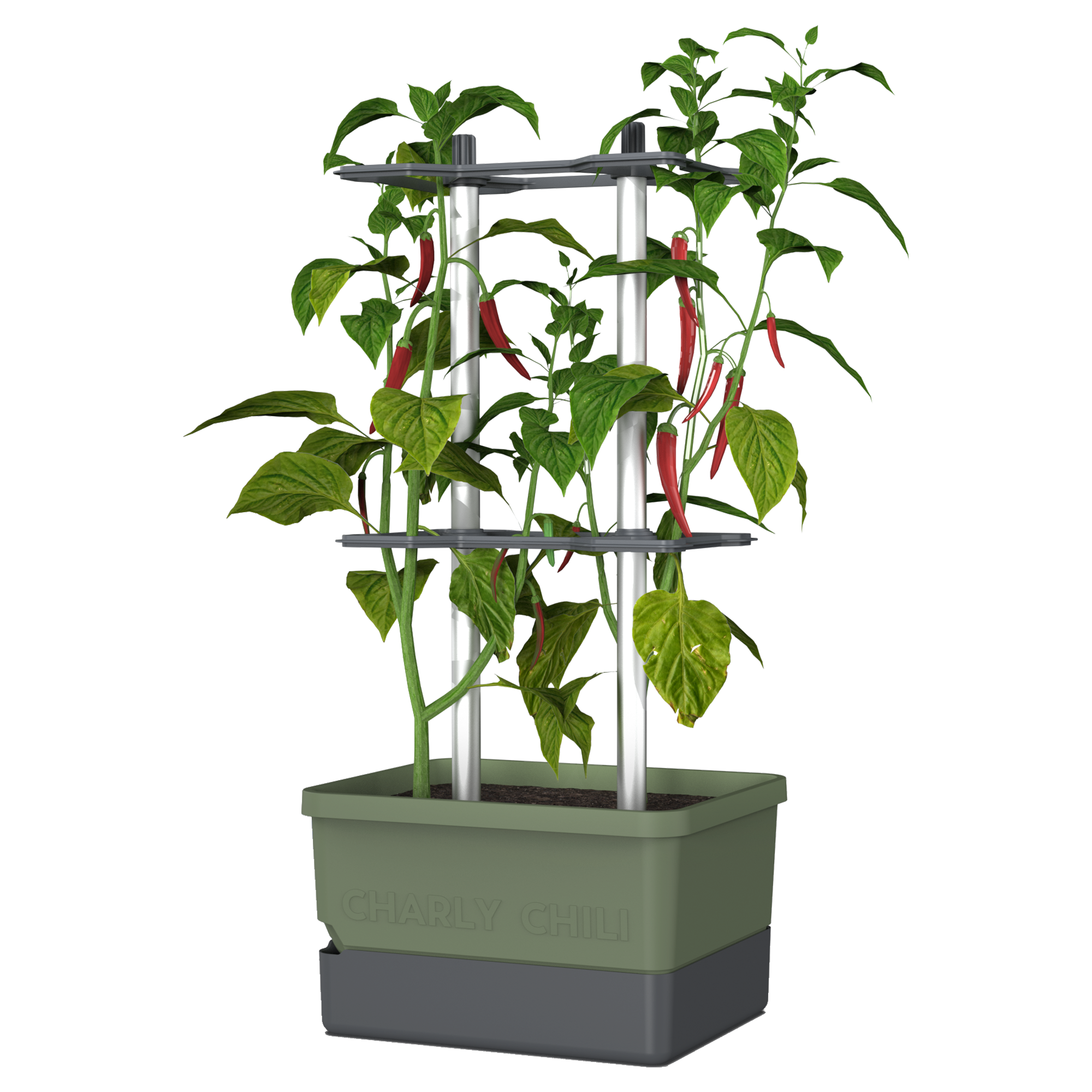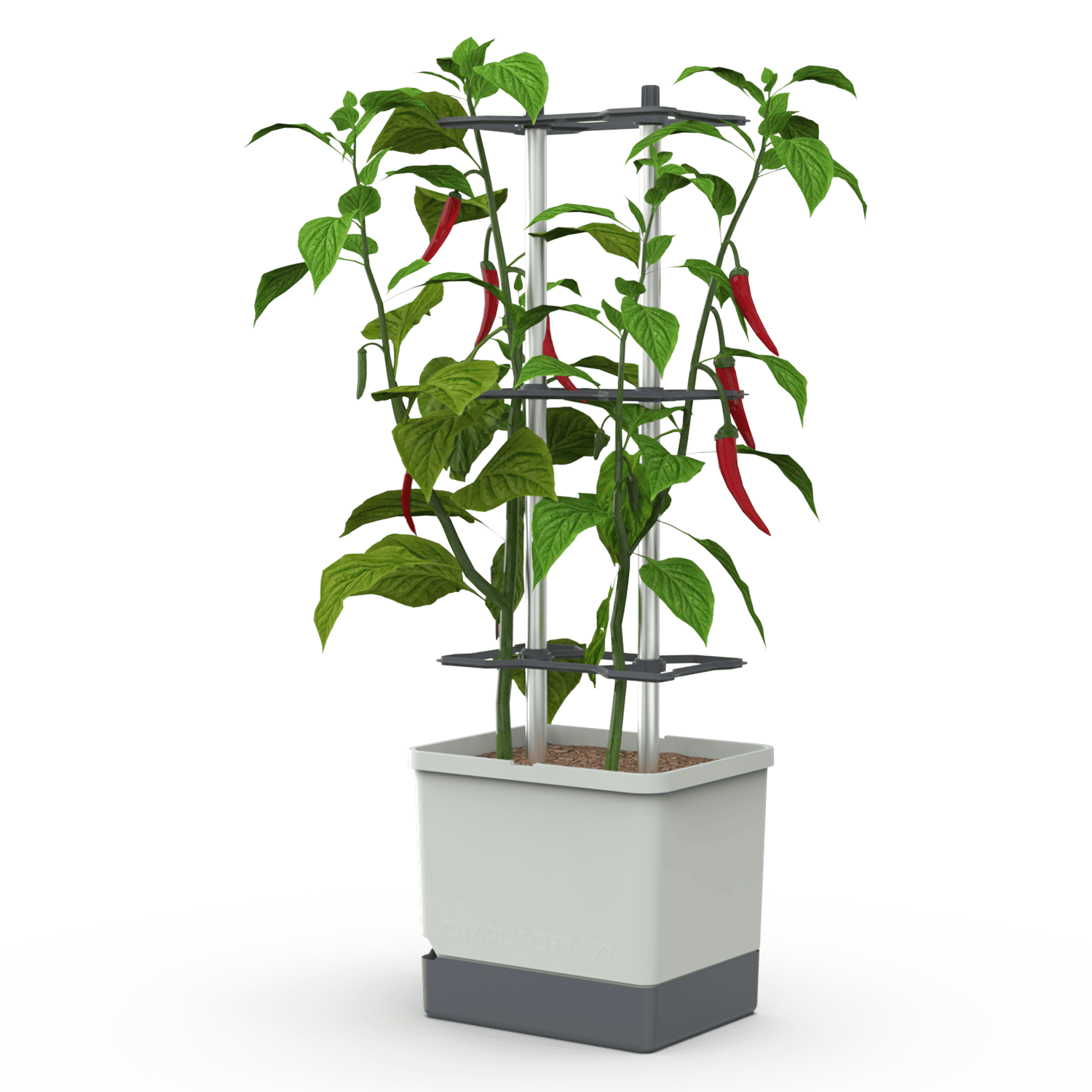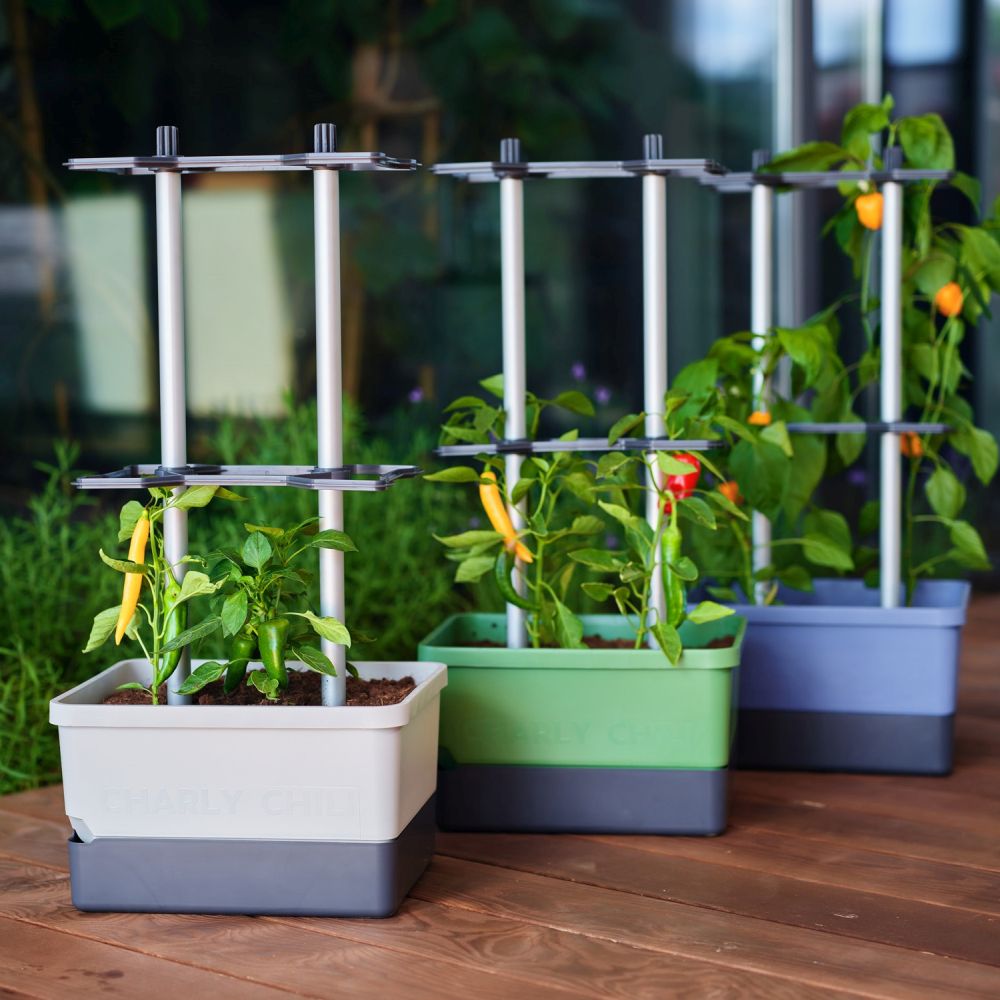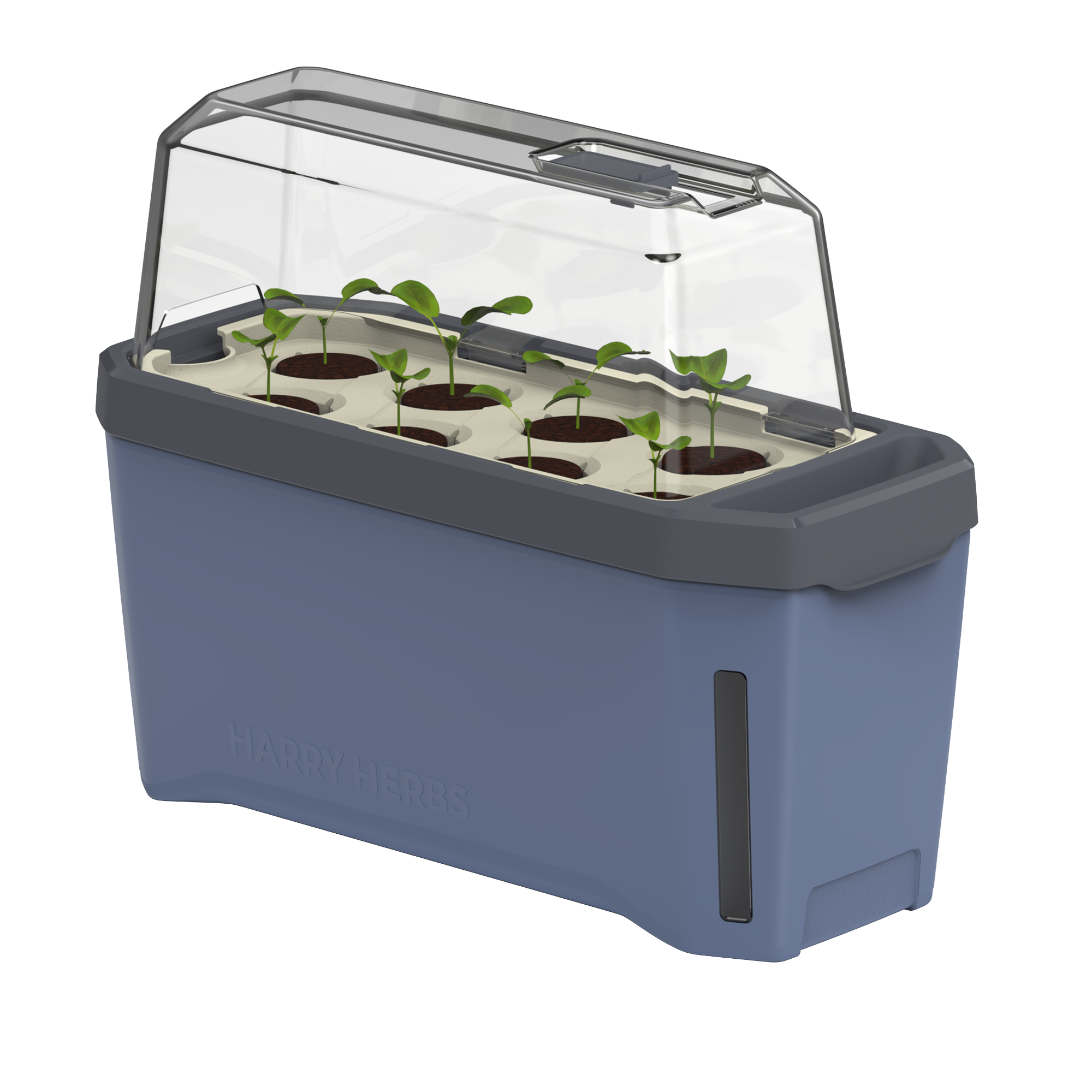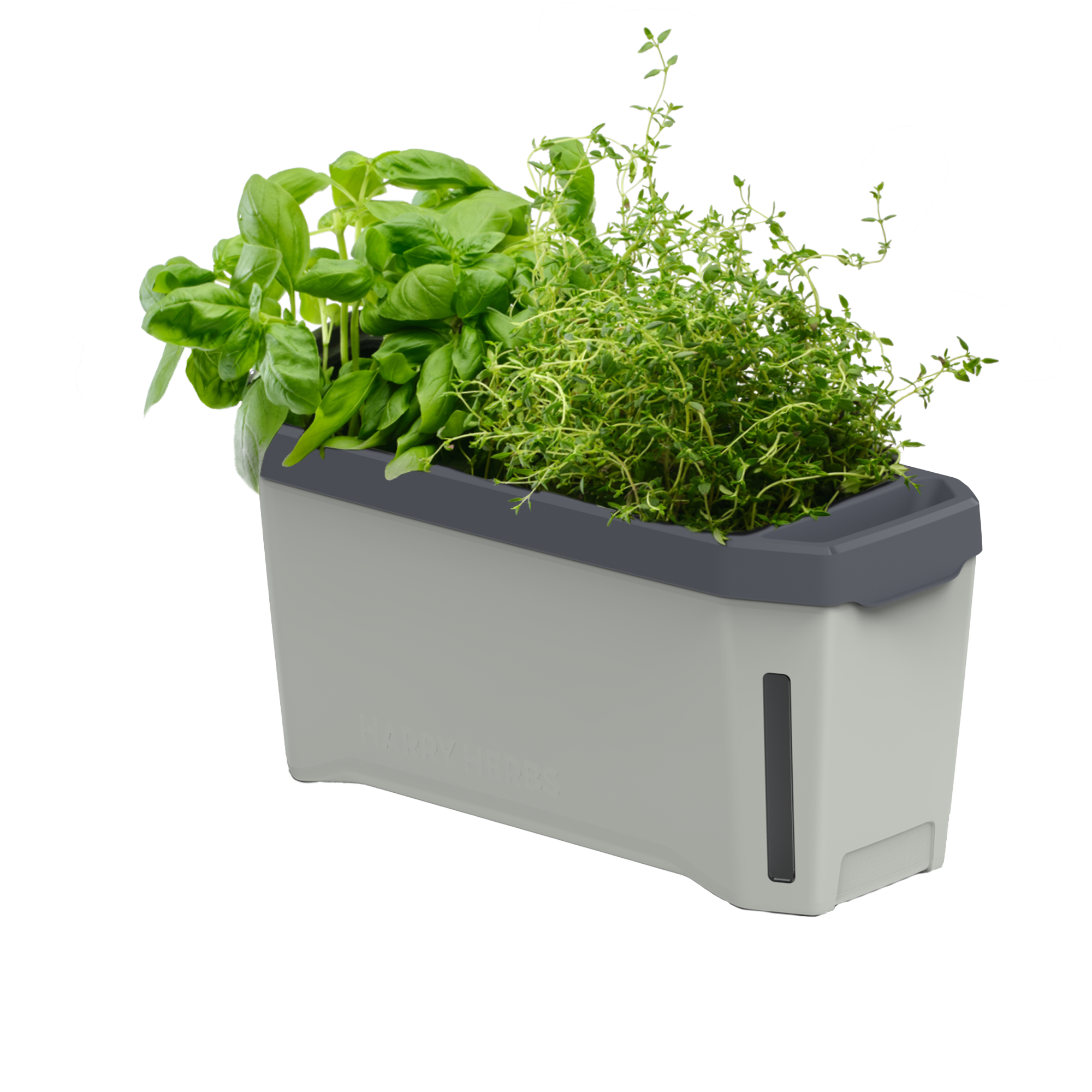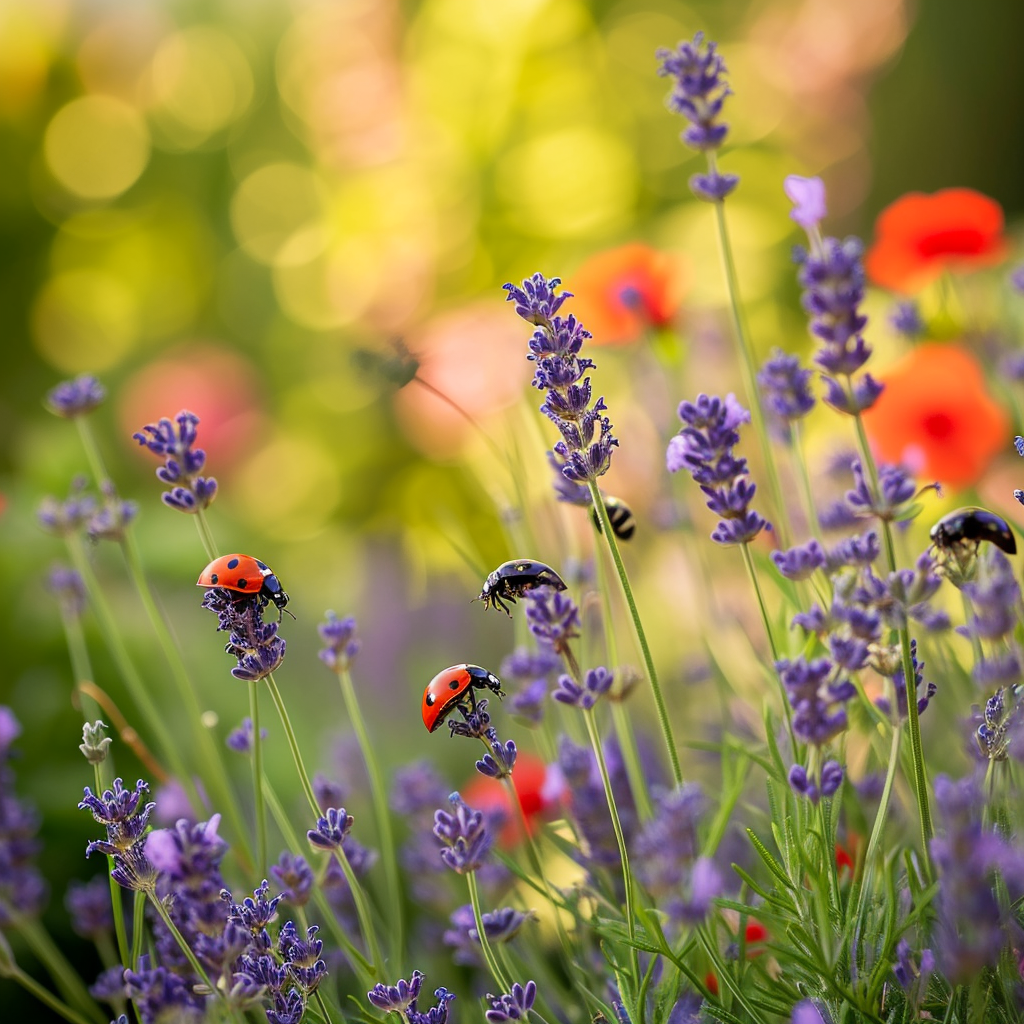Snails in the garden can be a real challenge. Not only are they a common nuisance for amateur gardeners, but they can also cause significant damage to plants. In this article we want to look at effective, environmentally friendly methods for snail control. From natural defense methods to tried-and-tested home remedies to designing a snail-unfriendly garden - we cover all the aspects you need to keep your green oasis snail-free. We also take a look at the use of slug pellets and its environmentally friendly alternatives.
Natural methods for repelling snails in the garden

The fight against snails in the garden can be won without resorting to chemicals. Natural methods are not only environmentally friendly, but also effective. A popular method is to create physical barriers. Copper bands placed around beds or planters take advantage of snails' natural aversion to copper. Equally effective are snail fences that prevent snails from climbing over them.
Another option is to attract the snails' natural predators. Hedgehogs, certain species of birds, and even some species of insects can help keep the snail population in check. Planting a variety of species and creating shelters encourage these useful helpers in your garden.
Spreading rough material such as eggshells or sawdust around plants can also deter snails, as these materials are unpleasant for the molluscs to cross. These methods are not only easy to implement, but also offer an effective and environmentally friendly solution in the fight against snails.
In addition to these measures, it is also possible to use special nematodes that have a parasitic effect on snails and can therefore naturally regulate their population. These microscopic worms are applied directly to the soil and seek out their snail victims without disturbing other garden inhabitants.
Furthermore, certain types of plants that snails avoid can be strategically placed in the garden. These snail-resistant plants include marigolds, lavender and certain perennials whose smell or texture deters snails.
Finally, it is important to maintain the garden regularly and remove organic waste such as piles of leaves and plant debris that serve as a hiding place and habitat for snails. Maintaining dry and well-aerated soil can also help reduce snail infestations, as they prefer a moist and shady environment.
By combining these natural methods, you can achieve effective and environmentally friendly protection against snails in your garden while maintaining the ecological balance.
Effectiveness of home remedies against snails and recommended methods

In the world of garden care, home remedies for snail control are very popular. Not only are they environmentally friendly, but they are also inexpensive and easy to use. One of the best-known and most effective remedies is coffee grounds. Thanks to its coarse texture and unpleasant smell for snails, coffee grounds are an effective barrier. At the same time, it enriches the soil with nitrogen, which promotes plant growth.
Beer traps are another common method based on the attraction of beer to snails. These are attracted and fall into a vessel filled with beer from which they cannot escape. Although this method is effective, it should be used responsibly as it has the potential to attract non-targeted snails.
Garlic broth, made by boiling garlic in water, is also used as a repellent. The sulfur compounds contained in garlic have a deterrent effect on snails. This broth can be sprayed directly onto the plants and provides a natural protective layer.
In addition to these methods, collecting snails is a direct and effective measure. It is advisable to do this especially in the early morning hours or after rain. Although this method requires regular effort, it is very efficient in directly reducing the snail population.
Additionally, scattering ground eggshells around the plants can be helpful. The sharp edges of the shells act as a deterrent to snails. At the same time, they provide calcium to the soil, which supports plant health.
However, salt, another common home remedy, should be avoided as it can damage the soil and affect plant growth.
Gray mold, a fungus-like organism, can also be used as a natural snail repellent. It is applied to the leaves of the plants and forms an invisible but effective barrier.
Finally, it is important to note that the effectiveness of these home remedies depends on various factors, such as the specific garden ecosystem and the extent of the snail infestation. A combination of different methods can often achieve the best results. With the correct use and regular care, snails can be successfully controlled in a natural and environmentally friendly way.
Snail control without chemicals

Chemical-free snail control is a central component of environmentally conscious gardening. Using snail-resistant plants can create a natural barrier against snail infestation. Plants such as marigolds, lavender, and certain perennials that slugs avoid can be strategically placed in the garden to protect vulnerable areas.
Encouraging natural predators of snails, such as hedgehogs, birds and certain insect species, can also help control the snail population. The creation of species-rich biotopes and nesting areas supports the settlement of these beneficial insects.
The nature of the soil plays a crucial role in snail control. Dry, well-aerated soils are less attractive to snails. Regularly loosening the soil, using mulch and avoiding waterlogging can reduce the snail population.
Thorough garden hygiene, such as removing leaves and plant debris, reduces the number of hiding places and breeding grounds for snails. A clean, well-maintained garden is less susceptible to slug infestation.
Direct methods such as collecting snails, especially after rain or early in the morning, are also effective. Although this manual method requires regular effort, it is one of the most direct and environmentally friendly methods of snail control.
Another method is to create barriers with natural materials such as sawdust, pebbles or eggshells. These create a physical barrier that is difficult for snails to overcome.
Finally, applying scents that repel snails, such as essential oils or certain plant extracts, can serve as an additional defense measure. These substances can be dissolved in water and sprayed around vulnerable areas.
By combining these chemical-free methods, gardeners can achieve effective and environmentally friendly protection against slugs while supporting and promoting their garden's natural ecosystem.
Garden design for snail prevention

Creating a snail-unfriendly garden is an effective way to prevent snail infestation. First, it is important to choose plants that snails avoid. These snail-resistant plants create a natural barrier. These include, for example, certain perennials, herbs and flowers that deter snails either by their smell or their texture.
Another important aspect is creating dry and well-ventilated conditions in the garden. Snails prefer moist and shady areas, so such conditions should be minimized. This can be achieved through the arrangement of the beds, the choice of planting and regular weeding and loosening of the soil.
Creating dry stone walls and gravel paths can also help keep snails away. Such structures not only offer fewer hiding places, but can also serve as a habitat for snail-eating animals such as hedgehogs or certain species of birds.
Another point is garden hygiene. Regularly removing leaves, plant debris and weeds eliminates potential hiding places and breeding grounds for snails. Putting up snail fences and barriers can also be effective in protecting snail-prone areas.
In addition, creating small ponds or setting up bird houses and insect hotels can help create an ecological balance in the garden that attracts and encourages natural enemies of snails.
By implementing these design principles in your garden, you can create an environment that is less attractive to snails. This not only helps reduce snail infestation, but also promotes biodiversity and ecological balance in your garden.
Application of slug pellets and environmentally friendly alternatives

When combating slug infestations in gardens, many people often turn to slug pellets. It is important to choose environmentally friendly products, such as those based on ferric phosphate, which are safer for other animals, plants and groundwater. Proper use of slug pellets requires care: it should be applied sparingly and evenly to achieve an effective effect while minimizing environmental impact.
In addition to traditional slug pellets, there are more environmentally friendly alternatives. Snail fences, for example, are an effective physical barrier that prevents snails from entering planting areas. These can be made of various materials such as metal or plastic and are often a one-time purchase that provides protection for years to come.
Another alternative is to attract and encourage snails' natural predators, such as hedgehogs, birds and certain types of insects. Creating nesting sites, hanging birdhouses and providing watering holes can help attract these useful helpers to the garden.
Planting slug-resistant plants is also an effective method. Certain types of plants are unattractive to snails, which can reduce infestation. By cleverly combining different plant species, natural protection against snails can be created.
Lastly, it is important to manage your own expectations. A completely snail-free garden is often not realistic, and a small number of snails can be part of a healthy ecosystem. A combination of different methods and an understanding of the natural processes in the garden are the key to successful and environmentally friendly snail management.
